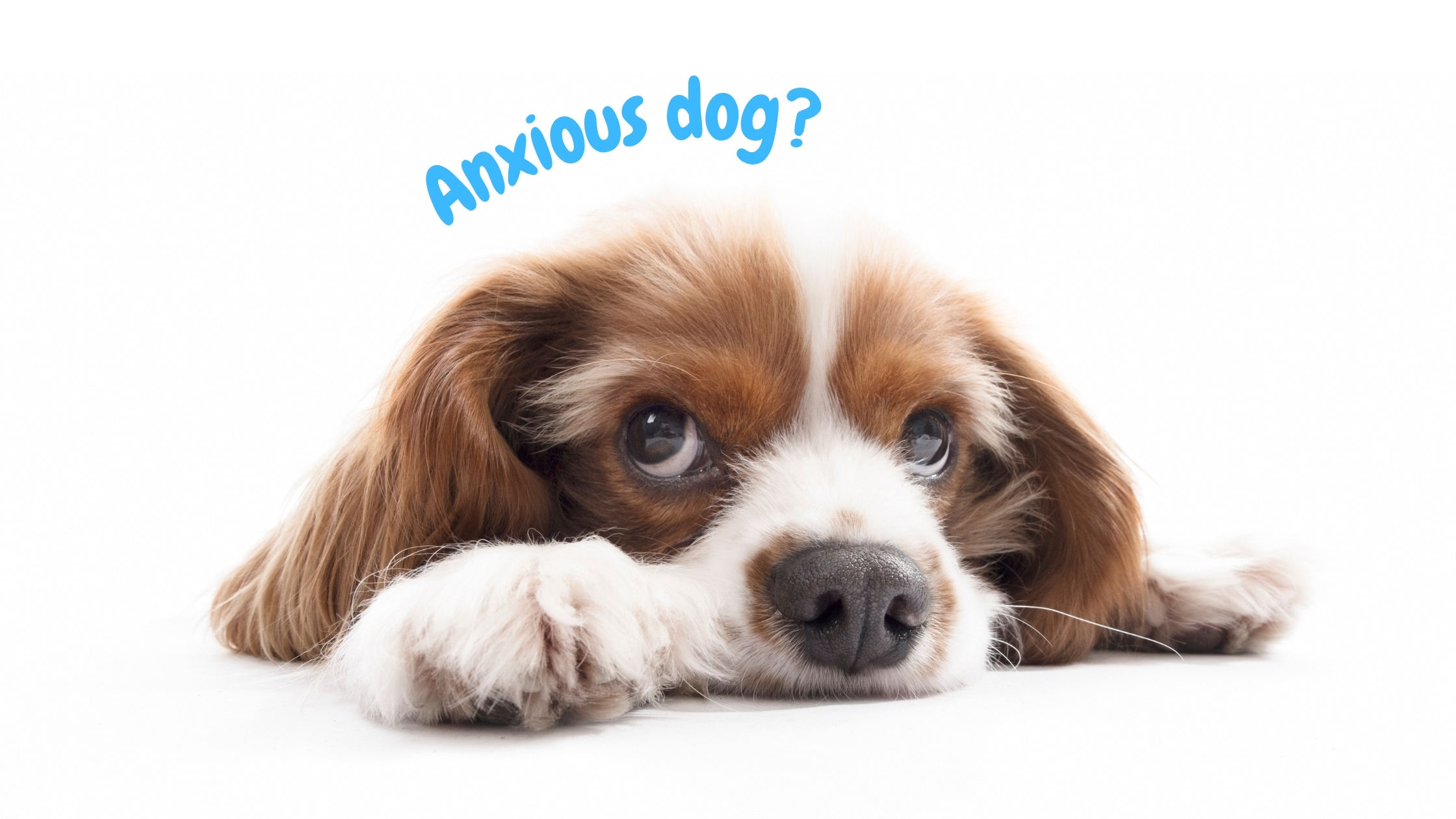
More Dogs Are Being Given Anti-Anxiety Meds - But Are We Addressing the Real Problem?
By Sarah Rutten
The number of dogs being prescribed anti-anxiety medication is on the rise – and while those meds can be a game-changer in the right context, it also shines a light on something deeper: we’ve got to ask why our dogs are so anxious in the first place.
As a canine behaviourist and someone who’s been in this industry for over 20 years, I’m not shocked by the trend. Saddened? Yes. Surprised? No.
Anxiety isn’t the problem. It’s a symptom. Whether it’s coming from unmet needs, trauma, chronic stress, under-socialisation, or undiagnosed health issues – anxiety is a signal. One that says: something in this dog’s world isn’t working.
What’s Actually Behind Canine Anxiety?
Since the lockdowns, we’ve seen a spike in both dog ownership and dog anxiety. Puppies raised during that time missed key socialisation experiences. And even five years on, I’m still seeing dogs who struggle with the basics: being left alone, walking past other dogs, and coping with change.
These dogs weren’t set up for success. They weren’t given the opportunity to learn that the world is safe. And now? They’re navigating a world that feels too loud, too unpredictable, and simply too much.
But that’s not the only cause.
Gut health, believe it or not, plays a huge role too. The gut-brain axis in dogs is real – just like in us. Poor diet, microbiome imbalances, even undetected intolerances can show up as agitation, hyperactivity, and you guessed it – anxiety.
Then there’s lifestyle. Dogs are social, sentient, movement-loving creatures – and yet so many are left home alone all day with little to do. Add in a stressed-out household or a guardian running on burnout, and it’s no wonder their nervous systems are fried.
Dogs don’t just read our cues. They absorb them.
And when we’re stressed, anxious, and disconnected, they feel that too.
Medication: A Tool, Not a Fix
Let me be clear: I’m not anti-medication. In fact, I’ve seen it help many dogs – when used thoughtfully, alongside behavioural support, and under veterinary guidance.
In dogs with chronic or acute anxiety, their amygdala is in overdrive. That’s the part of the brain that processes fear. Medication helps quiet that down – so the thinking brain (the frontal lobe) can come back online. That’s when learning becomes possible.
Because until a dog feels safe, they can’t absorb training. They can’t process. They can’t respond.
That’s where medication can be helpful – not to suppress behaviour, but to help a dog get to a place where training and healing can begin.
And when it’s working? You’ll know. You’ll see curiosity replacing panic. Calm starting to outweigh chaos.
What About Natural Support?
Not every dog needs pharmaceuticals. Some, like a sweet girl I worked with who had mild-to-moderate separation anxiety, responded beautifully to a natural supplement – paired with a structured training plan. Within months, she went from panicking the moment her humans left, to comfortably spending hours alone.
But natural doesn’t mean “no plan.” It still requires structure. And a whole pile of patience and understanding.
The Bottom Line
Anxiety is not disobedience. Nor is it a training issue.
It’s a nervous system calling for help.
And whether that help comes in the form of healthy food, adequate movement, stimulating enrichment, the right medication, or just a shift in how we show up for our dogs – what matters most is that we listen.
Because we need to stop just asking how to fix the behaviour and address why it’s happening in the first place.
Let’s raise the standard. Let’s lead with empathy. And let’s commit to helping our dogs feel safe, connected, and truly understood.
About Sarah Rutten
The Canine Perspective founder Sarah Rutten is not just another dog trainer – she’s a thought leader pushing for real change in how humans and dogs understand.
With a no-nonsense, science-backed approach, she’s on a mission to educate dog owners, challenge outdated training myths, and advocate for ethical, force-free methods that strengthen the human-dog bond.
You can purchase her best selling book The Canine Perspective: Using Force-Free Methods to Unleash Your Dog’s Pawtential via her website: www.thecanineperspective.com.au
Or follow her on social media:
Facebook: @thecanineperspective
Instagram: @thecanineperspective